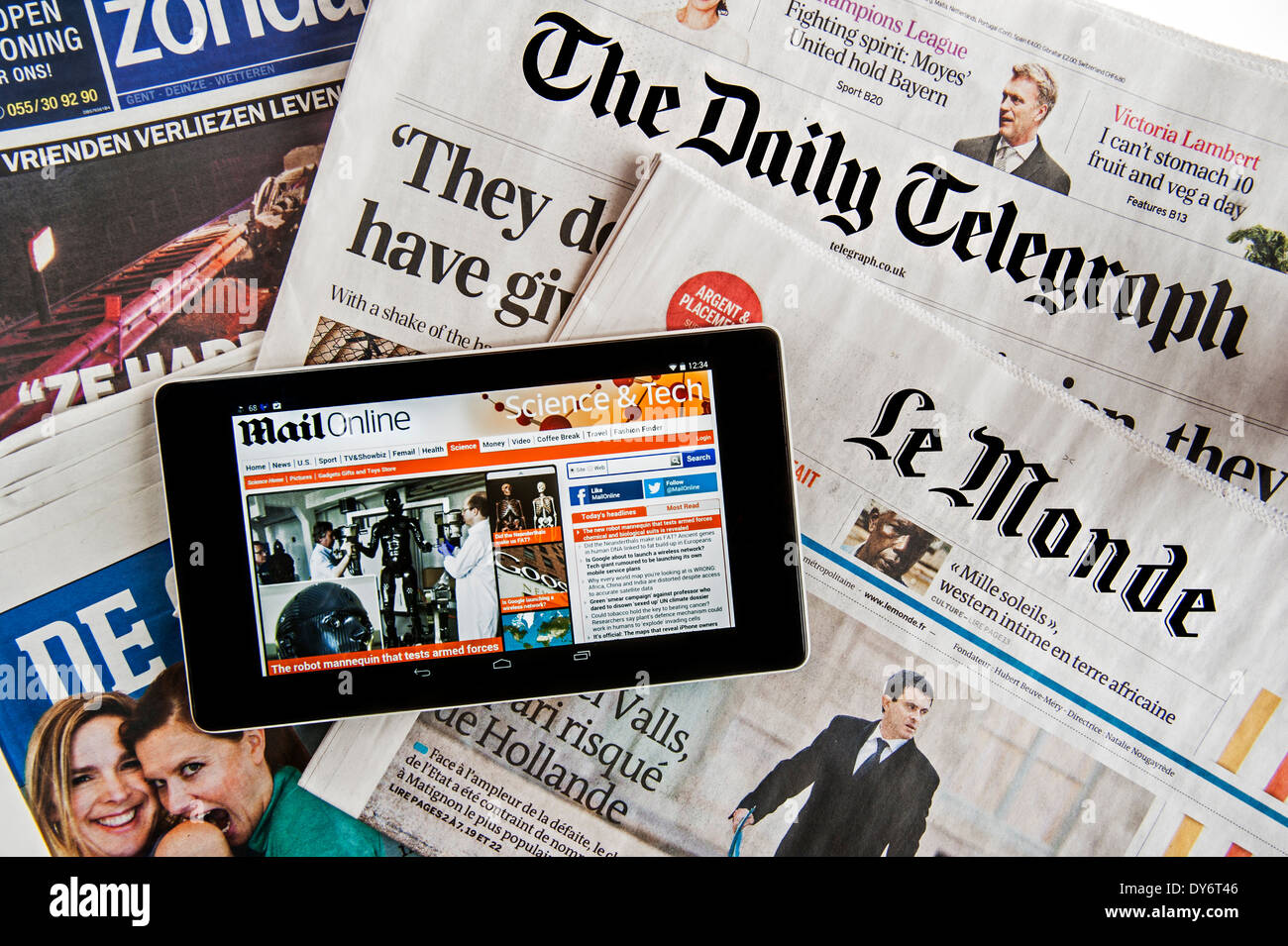What Does National News Mean?
What Does National News Mean?
Blog Article
A Biased View of National News
Table of Contents4 Easy Facts About National News ShownThe Single Strategy To Use For National NewsAll about National NewsNational News - The Facts
There may be several reasons for this, consisting of geography, language, market make-up, or the degree of political control that is worked out at a regional degree. It is a different story in the UK (48% affixed) and Japan (37%), which both have more centralised political systems and where even more individuals live in huge cities.Across countries, just around a third (31%) realized that numerous commercial information outlets were less rewarding than they were a decade earlier and the majority (53%) are not worried about this - National News. Simply a quarter (27%) would sustain any type of government intervention to aid business media, with one more three in 10 (29%) not having a sight on the issue
Exactly how concerned are you, if at all, regarding the monetary state of industrial news organisations in your country? To the finest of your expertise, which of the complying with finest explains the monetary state of commercial information organisations in your country? Should the federal government step in to assist business information organisations that can not make sufficient money on their own?

National News for Beginners
Base: Overall sample in all markets: 92,372. We can speculate that this greater count on the information and in the resources individuals use themselves can be associated with comprehensive protection of Coronavirus. This might have made the information appear even more simple and fact-based at the very same time as ejecting extra partisan political information in some countries.
The US is among the couple of countries discover here not to have actually seen a boost in trust this year. We can recut these numbers to include the percentage that wonders about the news. This gives us a great indication of just how polarising the news media's online reputation might be particularly countries. In the USA there are even more people who wonder about the information than trust it, leaving a shortage of 15 points.

Those with a deficiency consist of Bulgaria (-12 ), France (-8 ), Hungary (-6 ), Chile (-4 ), and Argentina (-3 ). Additional evidence of what is driving mistrust comes this year in a series of questions we are asking regarding justness of mainstream media coverage. We can contrast these answers with details we find here hold about age, sex, ethnic background, education and learning, and political views.
A Biased View of National News

These findings may give a starting factor for information media genuinely curious about getting read more in touch with a more youthful generation who are not likely to focus on, allow alone spend for, news that they often feel is both unjust and dull. The growth of online and social networks has actually motivated news organisations and individuals that take even more overtly partial positions than in the past.
A lot of likewise believe that news outlets must try to be neutral on every concern (66%) yet a considerable minority (24%) feel that there are some issues where it makes no sense to try to be neutral.
Some Known Details About National News
Critics argue that this strategy, when used to a problem like climate adjustment, can cause a 'false equivalence', where one set of views underpinned by solid clinical evidence is 'well balanced' by views that lack substantial assistance and therefore produce a misconception psychological of the audience. In spite of this, almost three quarters of our example (72%) felt it was better to provide the very same quantity of time to various views.
Report this page